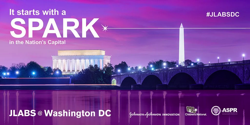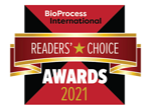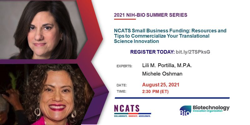 Last Week to Register!
Last Week to Register!
Key speakers listed to the right.
The BioHealth Capital Region Forum is free Virtual 2 Half-Day event for executive-level biotech leaders. The theme of the forum this year is “Big Data…Big Data…Converging” with panels on Big Data in Biotech, infectious Diseases, Developing Talent, Regional Real Estate, IP Analysis and Protection, Funding, and a Fire Side Chat with Dr. Anthony Fauci, NIAID Director.
The 7th Annual BioHealth capital Region Forum is organized by event partners – Association of University Research Parks, AstraZeneca, BioHealth Innovation, BRAINBox Solutions, Inc, Children’s National Hospital, Emergent BioSolutions, George Mason University, Johnson & Johnson Innovation – JLABS @ Washington, DC, Maryland Department of Commerce, and Virginia Bio. Maryland, Virginia, and Washington, DC set the bar high for biotech innovation. Please join us for our 7th Annual BioHealth Capital Region Forum that will highlight the accomplishments of today and chart our successes of tomorrow. We hope you’re able to join us!











